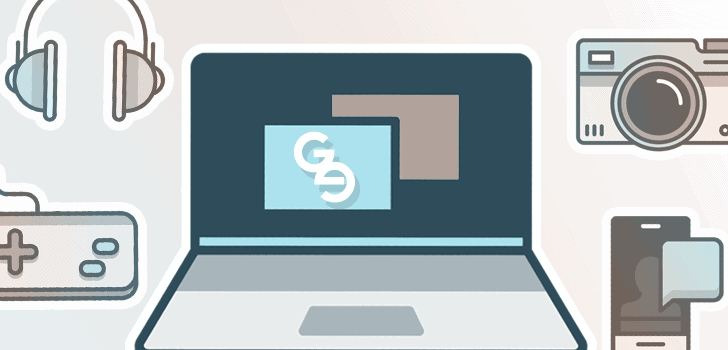Do you know what a (Pay Per Click) PPC service is? Should your business engage PPC agency services and how can or should your business operate online? These are some of the fundamental questions regarding e-commerce – there are many more.
However, before you commit to spending your entire marketing budget on e-commerce, it’s probably best to get to grips with the basics. If your business is new to e-commerce then it may feel like another world (it is, but a great one). But there’s no need to worry as here we will look at the basics to give you a working knowledge of how e-commerce can help your business.
Experience
If you’re in business you’ll know that the client is king. So the experience that they have whilst online is all crucial. You need to ensure that the levels of service you would provide a physical client with, are duplicated online – so that e-commerce clients get excellent customer care and satisfaction. One way to ensure this is to go online yourself and see what is frustrating about your competitor’s sites and how you can improve on these with your own.
Functionality
Your site needs to work – simple right but many don’t. They miss leads, or conversions of any clients led to the site by a PPC service. You pay for the lead, so convert it into custom! Effective search engine marketing services will include analysis of the site so that it too provides the correct results, otherwise site visits will only be wasted opportunities.
Navigation
If you get leads directed to your site from a PPC service, then ensure where they land is a great place to be, and one from which they can navigate through the site, until they end up at the checkout. Bad navigation will lead to an abandonment and an avoidable missed sale. Categories and labels need to be clear and accurate – you’d be surprised how many aren’t!
Distractions
Attention spans are reducing. So if you distract an online customer from what they are doing, they may forget to purchase or change their mind. You need a focused, but polite means of taking them through the process from landing to buying.
Pages
You wouldn’t be impressed by a book with spelling mistakes, and clients are not impressed with bad copy on a website – it reduces their expectations of the business, and can lose sales. After all, if there is no attention on the website, does the company even care?
You need to prioritise the useful information, such as offers, sales, price etc. and reduce the chance of the impulse changing – have a “buy it now” button. Pictures can help drive clients, and can help cross sell also – creating extra sales from the same number of enquires.
Pre-Purchase
Some people will only be enquiring, but a well-designed e-commerce site will be returned to at a later date, especially if it provides price comparison data. Although these may not be immediate sales, do not dismiss the person who has come “to look around” – treat them well and they’ll be back.
Help and Surprises
Always offer help to clients – live webchat for example, clear and obvious sales telephone numbers and customer support. Don’t however surprise people with anything, transparency is key, surprises will drive away sales – for example huge postage costs on a product not mentioned until checkout.
Treat digital marketing like any other form of marketing – the customer comes first and you’ll not go wrong. You’ll secure more clients and grow your presence. So embrace change, there’s nothing to fear.
